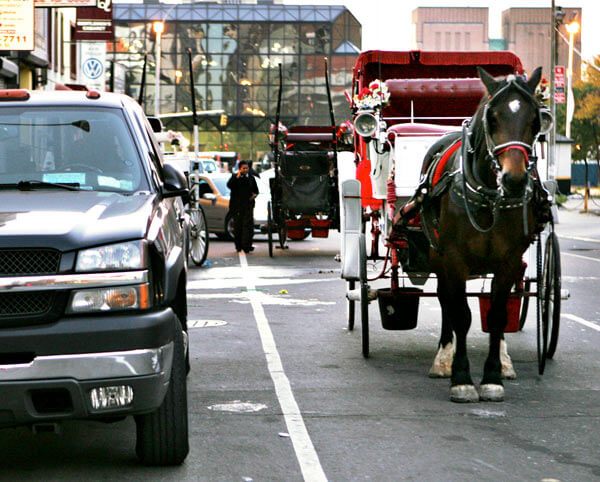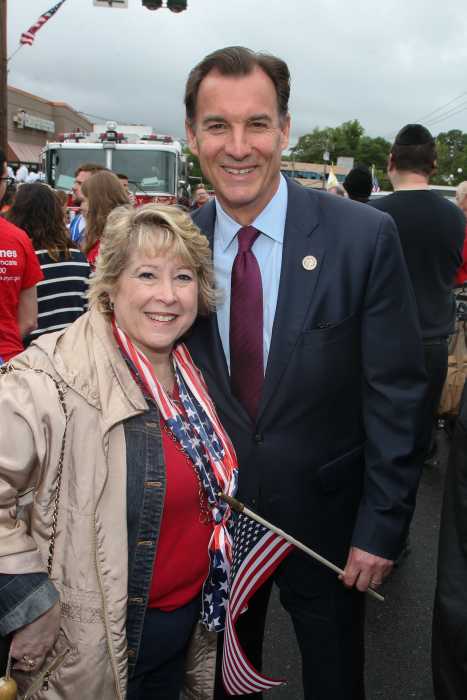A legislative effort to abolish the horse carriage industry is underway at the New York City Council, with Council Member Robert Holden reigniting leaders to enact change.
The death of a horse named Ryder, who collapsed after working for hours under 84-degree heat in the middle of a New York City street in 2022, sparked national attention and outcries for the end of horse-drawn carriages in Manhattan.
Legislators passed on approving Holden’s legislation (Int. 0967) last year, as critiques and supporters of the call to end horse carriages made their arguments known to the public.
Holden, along with his colleagues in the city council, reaffirmed their position on horse carriages, claiming the industry is outdated and desperately needs change.
“The horse carriage industry is a barbaric industry that in the 21st century needs to go away,” said Holden. “With Ryder’s Law, we will finally free the horses, dismantle this cruel industry and support the drivers in finding new, sustainable employment.”
Holden’s calls to end the horse carriage industry are backed by a herd of organizations, including the nonprofit NYCLASS, which first joined the council member’s legislative efforts at its inception.
“We urge the City Council to swiftly pass this bill and honor the will of residents sick of seeing horses collide with cars, run wild into traffic and collapse and die on our streets due to neglect and criminal abuse. said Edita Birnkrant, Executive Director of NYCLASS.
The People for the Ethical Treatment of Animals (PETA), the Unbridled Heroes Project Horse Rescue and Voters For Animal Rights (VFAR) also shared support of Holden’s bill.
Ryder’s Bill supporter and Rancho Relaxo Sanctuary Founder Caitlin Cimini shared disbelief in the continued horse carriage industry and called for its swift end.
“I have been witnessing the horse carriage industry physically break horses’ spirits since I was a little girl,” said Cimini. “Almost 40 years later, and this practice is still a thing? It’s fueled by nothing but greed and needs to end.”
The Transportation Workers Union (TWU) Local 100, which represents horse carriage drivers, has continued to oppose the proposed legislation. Horse carriage workers said critics tried to unjustly demonize the industry as a whole after Ryder’s death and the union worked months following his death to ensure horse welfare.
Holden still turned to bash the TWU Local 100 Union in his recent remarks.
“Their union has shown a blatant disregard for [the horses’] welfare, and it’s time we stepped in to provide them with the help they deserve,” Holden added.
The bill ultimately would prohibit new licenses for horse-drawn cabs, if passed, and would begin in June 2026.
Holden’s legislation also protects the horses from sale or transfer for the purposes of slaughter or use in another horse-drawn cab business.
The Department of Consumer and Worker Protection would also be required to create a workforce development program for horse-drawn cab workers to transition into other careers.


































